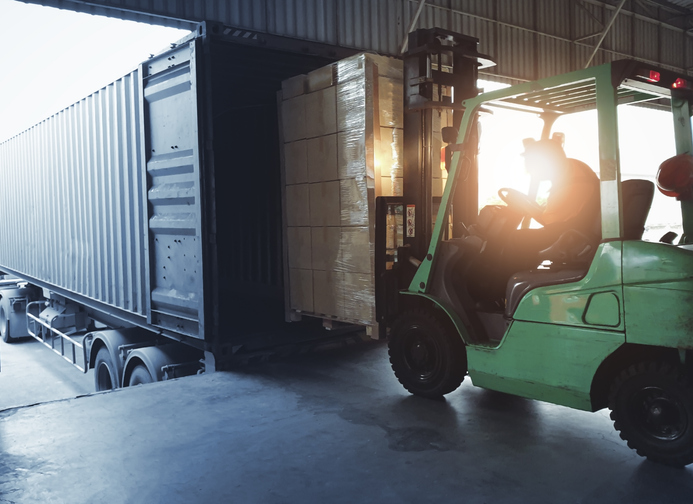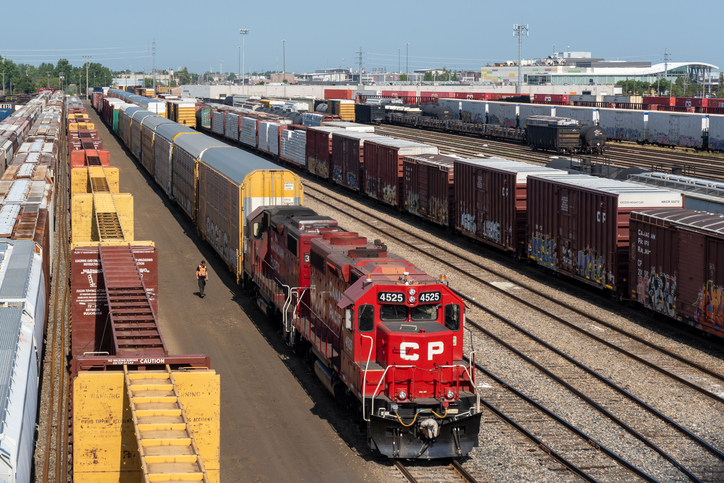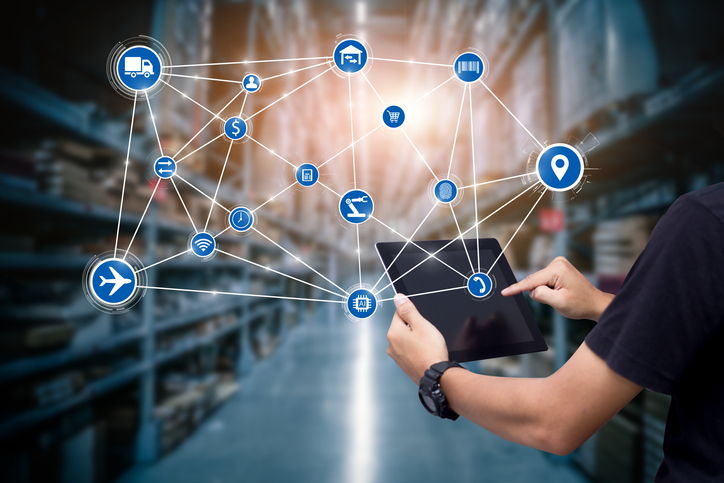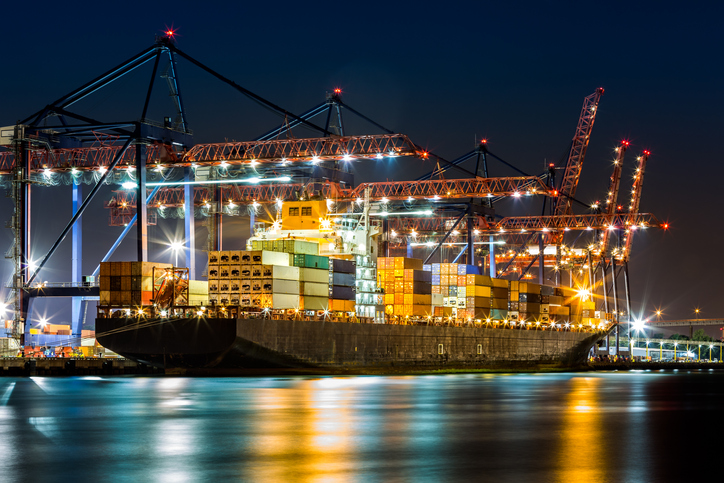
The Weekly Roar
In this week’s Roar: Cyber security standards in the U.S., new Canadian digital initiative to help importers, increased trade in Mexico, misconceptions about Generative AI, and the environmental cost of the Red Sea crisis.
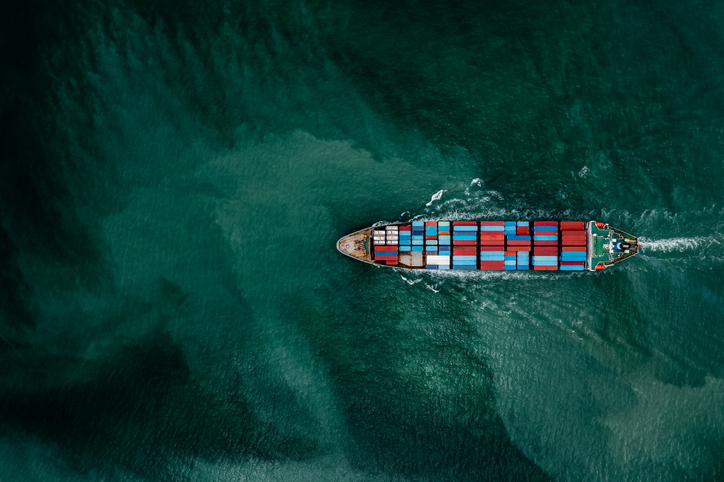
Ransomware attacks have become almost daily news, and the industry isn’t immune. With that in mind, the U.S. Coast Guard (USCG) has proposed rulemaking that would require minimum cyber security standards for ports, vessels, and offshore facilities. The aim is to mitigate any cyber risks that could endanger them. The Port of Los Angeles has already partnered with IBM and established a Cyber Resilience Center, a defense solution “to improve the cyber security readiness of the port.”
The Canada Border Services Agency (CBSA) is launching a new digital initiative called CBSA Assessment and Revenue Management (CARM). The aim is to modernize the collection of duties and taxes for goods that are imported into Canada. The original launch date of May 2024 has been pushed back to October 2024, but when it comes into effect, CARM is expected to improve compliance and enforcement efforts and provide a number of benefits for both the CBSA and importers.
Mexico’s trade with the U.S. and China is flourishing. Manzanillo, the largest port in Mexico, had an increase of 7.3% throughput in the first three months of 2024. Imports are up 15.7%, and exports have increased 6.4%. Other ports, like Lazaro Cardenas, are also experiencing significant growth. The downside is that this surge in traffic has led to port congestion and a pileup of boxes, forcing Manzanillo to work on boosting their rail capacity.
Misconceptions about Generative AI (GenAI) aren’t new, and they’re everywhere, even across the supply chain. According to Gartner, it seems that some chief supply chain officers (CSCOs) see GenAI as a way to cut labor costs more than anything. But while cutting costs and streamlining efficiencies are important, they should never come at the cost of talent and employee morale. Gartner feels that could happen, and they want CSCOs to start communicating with their teams about how GenAI will be used.
The cost of the Red Sea crisis continues to increase, and not just in dollars and cents. Longer ocean voyages and the use of air freight are increasing emissions. Containers traveling from Asia to the Mediterranean emitted 63% more carbon in Q1 2024 than they did in Q4 2023, thanks to ships traveling an additional 5, 800 nautical miles due to diversions around Africa. And some shippers are using rail transport through Russia, which is another carbon intensive option.
For the rest of the week’s top shipping news, check out the article highlights below.





